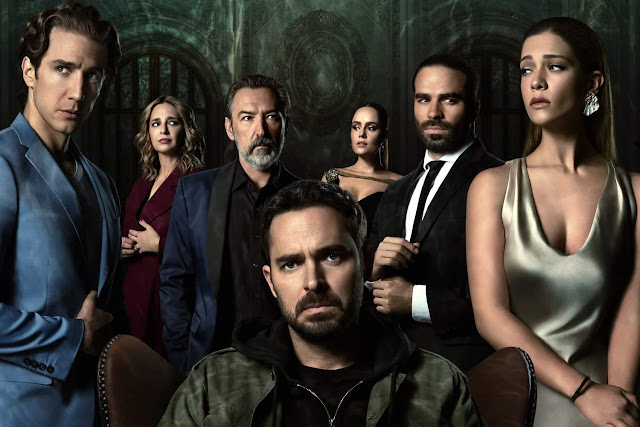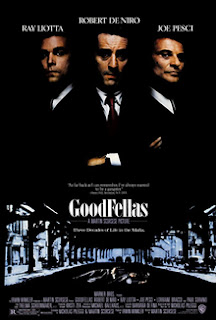A belated Happy Canada Day and Independence Day to our Canadian and American readers!
For new readers of the blog, my name is Brian Thornton. "Doolin Dalton" is the Blogger handle I've had for over a decade. Long story on getting it changed, which makes it a story for another time.There's a funny story about how my parents came up with my first name.
I was born in 1965. During the previous year, while my mom was pregnant with me, there was a song all over the radio called "Sealed With A Kiss." My dad just loved it. And he liked the name of the singer who released it.
A guy named Brian Hyland.He had a number of puppy love type hits over the course of the early-to-mid 1960s. The best of these was the aforementioned "Sealed With A Kiss." (You've likely heard it. If you're curious, you can listen here.).
However, Brian Hyland's biggest hit wasn't about puppy love and letters and Summer. It was a novelty song about a swimsuit.
Title: "Itsy Bitsy Teeny Weeny Yellow Polka Dot Bikini."
Yep. This one.
My parents got the idea for my name from the guy who sang this song!
Fast forward to 1993. I was a graduate student (History, naturally) at Eastern Washington University in Cheney. I was sitting in my off-campus apartment one night, when the phone rang. The following conversation is transcribed as I remember it:
ME: Hello?
CALLER: Brian?
Me: Yes. Who's this?
CALLER: (Confused) It's Jen.
ME: Oh, hi Jen.
(I know a LOT of women named Jennifer. Wasn't sure which one this was. Just couldn't place the voice.)
CALLER: (Still confused) This is Brian?
ME: Yes.
CALLER: Brian Thornton?
ME: Yes.
CALLER: Oh, okay. Whew! So anyway, I was calling because I'm really concerned about Bill and his relationship with The Lord.
ME: Bill?
CALLER: Bill.
ME: Bill?
(The only Bill I knew well enough that one of my Jen friends would talk about his spiritual life was a practicing atheist).
CALLER: Bill.
ME: Bill's an atheist.
CALLER: Are you sure this is Brian Thornton?
ME: Yes. Which Jen is this?
CALLER: Your sister.
ME: I don't have a sister.
CALLER: This is Brian Thornton?
ME: Yes.
CALLER: Brian Thornton from Oak Harbor?
ME: No.
Funny story, turns out there were two Brian Thorntons enrolled at E.W.U. that year. Myself and a freshman attending on a golf scholarship. His sister called directory assistance for Cheney and got my number instead of his.
Nothing like this had never happened to me before. Jen and I cleared that up, had a good laugh, and hung up. And I thought that would be the end of it.
Turns out it wasn't.
To this day I have never met this other Brian Thornton. Not while we were both at Eastern, and not since.
Which is not to say that our paths haven't continued to cross.
I got a job teaching in Kent, Washington (Southeast of Seattle in the Seattle-Tacoma metroplex). Turns out, the other Brian Thornton got a job as a golf pro at a nearby golf course. Every year or so one of my students would mention this golf pro who had the same name as myself.
And then it got weird.
 |
| Not a reenactment. I was NOT smiling. |
my dental care at one of those open bay places which resembles nothing so much as an assembly line. The dentist working with me that particular day was new to the practice, and likely to the country. It would be putting it kindly say that his grasp on the English language was "evolving."
So imagine my surprise when he began to try to numb up the wrong side of my mouth.
Once I got over my shock, I put a stop to this but quick.
A quick consultation with ladies in the front office revealed that the dentist was planning to give me a crown using the dental records of the other Brian Thornton.
Needless to say, I changed dentists.
So next time you read one of those stories where there's a mix-up with the names of a couple of very different people, rest assured it does happen in real life.
And maybe it's time I tackle this sort of story.
And that's it for me this time around.
See you in two weeks!








.jpg)
.jpg)










 Singsaas Church Pastor Jason Hartung
Singsaas Church Pastor Jason Hartung



